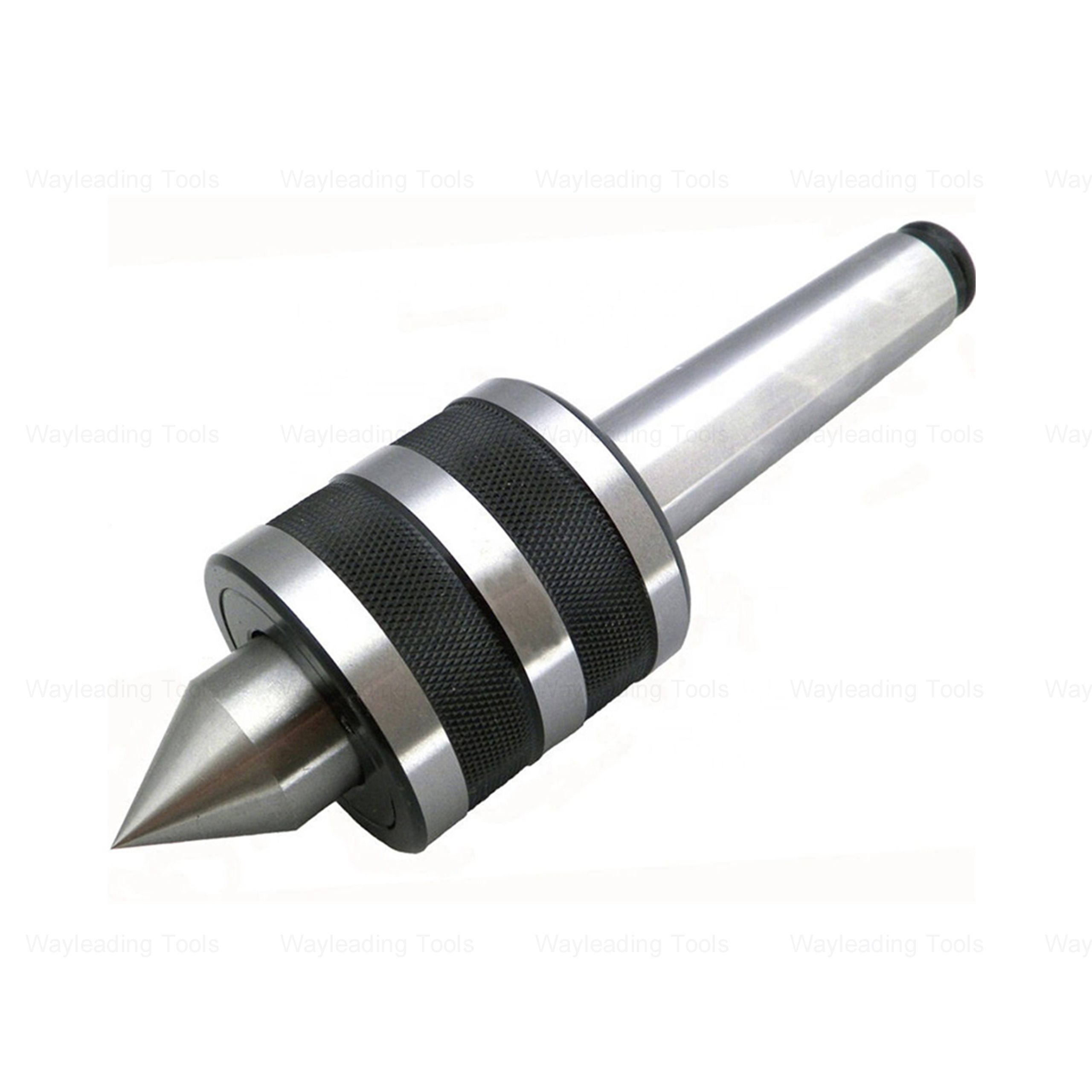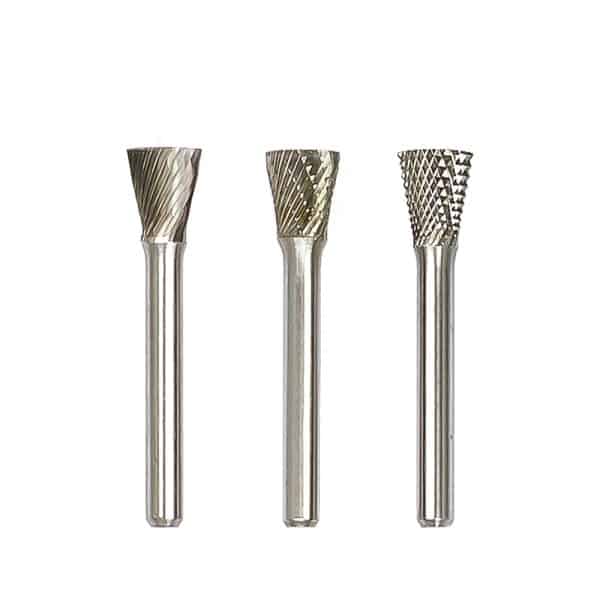hss turning tools Factory
High-speed steel (HSS) turning tools are essential for machinists across various industries. This guide explores the critical aspects of HSS turning tools, covering manufacturing processes, material selection, applications, and how to choose the right HSS turning tools from a reputable HSS turning tools factory to optimize your machining operations.
Understanding HSS Turning Tools
What are HSS Turning Tools?
HSS turning tools are cutting tools made from high-speed steel, a type of tool steel known for its hardness, wear resistance, and ability to retain its cutting edge at high temperatures. They are used on lathes to remove material from a workpiece, creating a desired shape or finish. Their versatility makes them a staple in most machine shops.
Types of HSS Turning Tools
HSS turning tools come in a variety of shapes and sizes, each designed for a specific purpose. Some common types include:
- Roughing tools: For rapid material removal.
- Finishing tools: For achieving a smooth surface finish.
- Threading tools: For cutting threads on a workpiece.
- Parting tools: For cutting off a workpiece.
- Boring tools: For enlarging existing holes.
Manufacturing Process at a Leading HSS Turning Tools Factory
Material Selection
The quality of HSS turning tools starts with the selection of high-quality high-speed steel. Common grades include M2, M3, M42, and T15. Each grade offers different properties in terms of hardness, toughness, and wear resistance. Factors influencing material selection include the type of material to be machined and the desired tool life.
For example, M42 grade HSS contains cobalt, providing superior red hardness, making it suitable for machining harder materials at higher speeds. The composition range of M42 high-speed steel is as follows:
| Element | Percentage (%) |
|---|---|
| Carbon (C) | 1.05-1.15 |
| Manganese (Mn) | 0.15-0.40 |
| Silicon (Si) | 0.20-0.45 |
| Phosphorus (P) | 0.030 max |
| Sulfur (S) | 0.030 max |
| Chromium (Cr) | 3.75-4.50 |
| Vanadium (V) | 0.95-1.35 |
| Molybdenum (Mo) | 9.00-10.00 |
| Tungsten (W) | 1.15-1.85 |
| Cobalt (Co) | 7.50-8.50 |
Source: ASM International Datasheet
Forging and Shaping
The manufacturing process typically begins with forging the HSS blank into a rough shape. This process improves the grain structure and strength of the steel. Precision machining then follows to create the final tool geometry.
Heat Treatment
Heat treatment is a crucial step in achieving the desired hardness and toughness of HSS turning tools. The process involves hardening, tempering, and stress relieving to optimize the tool's performance. Proper heat treatment ensures that the tool can withstand the high temperatures and stresses generated during machining.
Grinding and Finishing
After heat treatment, the HSS turning tools are ground to their final dimensions and cutting-edge geometry. This step requires precision and skill to ensure that the tool meets the required tolerances. A fine finish is applied to reduce friction and improve cutting performance.
Applications of HSS Turning Tools
General Machining
HSS turning tools are widely used in general machining operations, including turning, facing, boring, and threading. Their versatility makes them suitable for a wide range of materials, including steel, aluminum, and plastics.
Tool and Die Making
In tool and die making, HSS turning tools are used to create intricate shapes and features on molds and dies. Their ability to hold a sharp cutting edge is essential for achieving the required precision.
Automotive Industry
The automotive industry relies on HSS turning tools for manufacturing various components, such as gears, shafts, and engine parts. The tools must be capable of withstanding high production rates and demanding operating conditions.
Choosing the Right HSS Turning Tools
Material Considerations
Consider the type of material you will be machining. For harder materials, choose HSS turning tools with a higher cobalt content. For softer materials, standard HSS grades may be sufficient.
Tool Geometry
Select the appropriate tool geometry for the specific machining operation. Roughing tools require a more aggressive cutting edge, while finishing tools require a finer edge for a smoother surface finish.
Tool Size
Choose the appropriate tool size for the workpiece and the machine. A larger tool may be required for heavy-duty machining operations, while a smaller tool may be suitable for intricate work.
Finding a Reliable HSS Turning Tools Factory
Quality Certifications
Look for a HSS turning tools factory with quality certifications such as ISO 9001. These certifications demonstrate that the factory has a robust quality management system in place.
Manufacturing Capabilities
Ensure that the factory has the necessary manufacturing capabilities to produce HSS turning tools that meet your specific requirements. This includes having advanced machining equipment, heat treatment facilities, and quality control processes.
Customer Support
Choose a factory that offers excellent customer support. This includes providing technical assistance, product information, and timely delivery.
Wayleading Tools: Your Trusted Partner
When selecting a supplier for your machining needs, consider the expertise and reliability of Wayleading Tools. With years of experience in the industry, Wayleading Tools offers a comprehensive range of high-quality HSS turning tools designed to meet the diverse needs of machinists. Our commitment to precision, durability, and customer satisfaction sets us apart as a trusted partner for your machining operations.
Maintenance and Care
Proper Storage
Store HSS turning tools in a dry and clean environment to prevent corrosion. Use tool holders or racks to protect the cutting edges.
Sharpening
Regularly sharpen HSS turning tools to maintain their cutting performance. Use a grinding wheel specifically designed for HSS tools. Ensure that the tool is properly cooled during sharpening to prevent overheating.
Lubrication
Use appropriate cutting fluids or lubricants to reduce friction and heat during machining. This will extend the tool life and improve the surface finish of the workpiece.
Conclusion
HSS turning tools are indispensable tools for machinists. Understanding their manufacturing process, applications, and maintenance is crucial for optimizing machining operations. By choosing the right tools from a reputable HSS turning tools factory, you can ensure high-quality results and improved productivity.
Related products
Related products
Best selling products
Best selling products-
 Keyless Drill Chuck With Heavy Duty Type
Keyless Drill Chuck With Heavy Duty Type -
 Precision IP54 Digital Outside Micrometer Of Inch & Metric With Data Output
Precision IP54 Digital Outside Micrometer Of Inch & Metric With Data Output -
 DIN333A HSS Center Drills With Milled & Fully Ground Flute
DIN333A HSS Center Drills With Milled & Fully Ground Flute -
 Outside Micrometer Set Of Inch & Metric For Industrial
Outside Micrometer Set Of Inch & Metric For Industrial -
 Precision Monoblock Fine-Adjustment Vernier Caliper Of Metric & Imperial For Industrial
Precision Monoblock Fine-Adjustment Vernier Caliper Of Metric & Imperial For Industrial -
 High Precision Medium-Duty Live Center – Hardened Tip, Morse Taper Shank
High Precision Medium-Duty Live Center – Hardened Tip, Morse Taper Shank -
 Double-beam Digital Gauge With Digital Counter
Double-beam Digital Gauge With Digital Counter -
 HSS DP Involute Gear Cutters With PA20 And PA14-1/2
HSS DP Involute Gear Cutters With PA20 And PA14-1/2 -
 DIN6537L Metric Solid Carbide Twist Drill With Internal Coolant & External Coolant
DIN6537L Metric Solid Carbide Twist Drill With Internal Coolant & External Coolant -
 Electronic Digital Height Gauge From 300 to 2000mm
Electronic Digital Height Gauge From 300 to 2000mm -
 Vernier Height Gauge With Magnifier With Adjustable Main Bean
Vernier Height Gauge With Magnifier With Adjustable Main Bean -
 Inch Solid Carbide Twist Drill With Internal Coolant & External Coolant
Inch Solid Carbide Twist Drill With Internal Coolant & External Coolant











